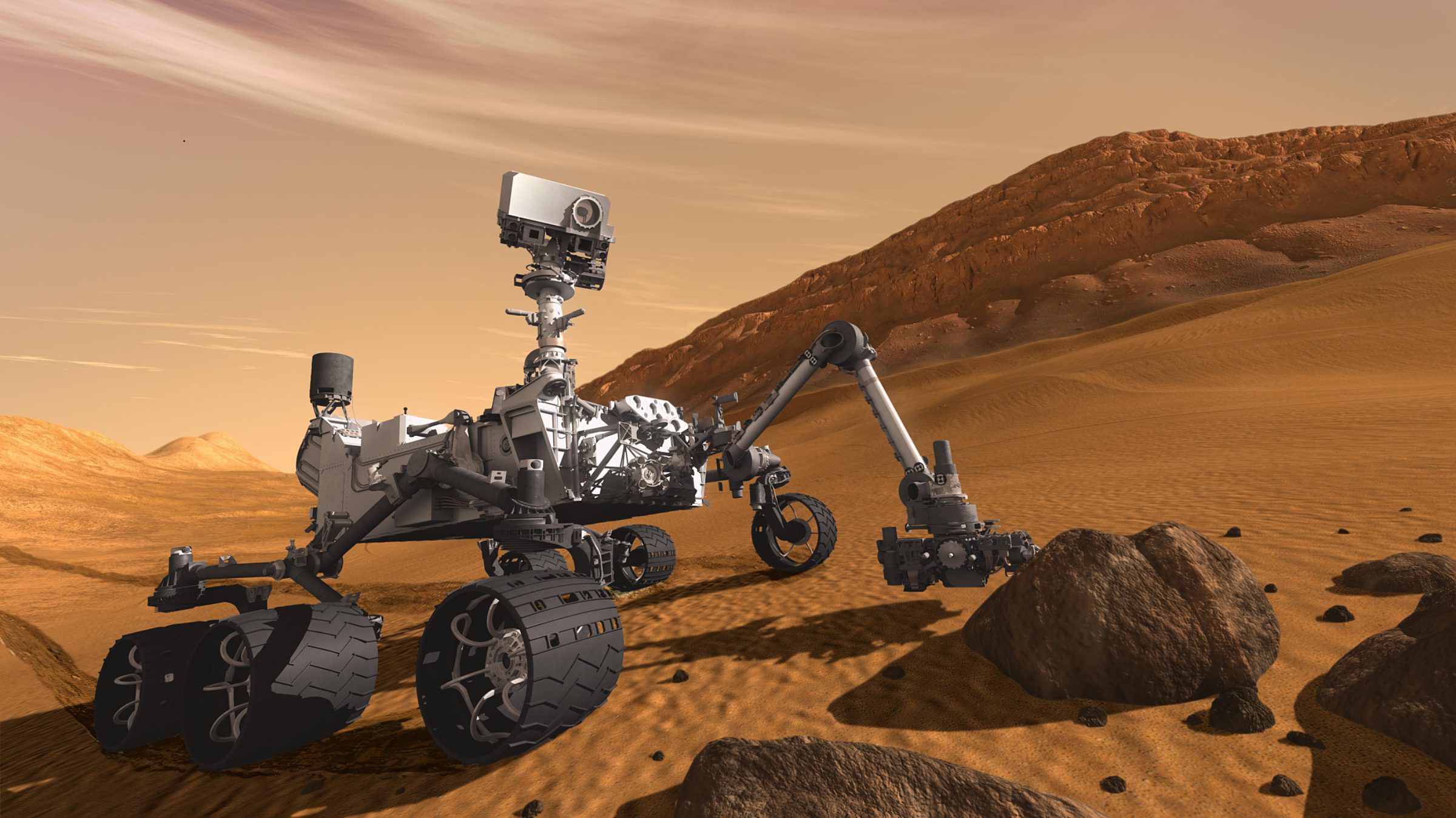Casey Dreier • Apr 04, 2014
How Does NASA's Ban on Russian Contact Affect Curiosity?
On Wednesday, the political crisis in Crimea spilled into the space program, as NASA circulated an internal memo stating that it was breaking off most contact with Russia. The only activities specifically exempted from this ban related to the International Space Station, which raised questions about other NASA-Roscosmos collaborations, particularly the Dynamic Albedo of Neutrons (DAN) experiment on the Curiosity rover, which was provided by Roscosmos and is led by a team of Russian scientists.

Yesterday, I received confirmation from Bob Jacobs, NASA's Deputy Associate Administrator for Communications, that science operations on Curiosity would continue as normal with participation of the DAN team.
"The limitation is in regards to NASA interaction with members of the Russian Federation—official government employees," said Jacobs. "We don't believe the science from Curiosity will be impacted by this guidance."
"The guidance is specific about bilateral meetings and even then it has to involve official members of the Russian government before it's a problem," he added.
Russian scientists have also contributed a similar experiment on the Lunar Reconnaissance Orbiter, the Lunar Exploration Neutron Detector (LEND), which should also be unaffected by the ban.
On Thursday, the White House provided some clarification of the original memo. According to Marcia Smith of Space Policy Online:
The directive applies to all government agencies, not just NASA; each agency will determine what activities are exempted or not on a case-by-case basis; and it is an evolving situation. The unambiguous message is that operations of the ISS are not impacted.
You can read the full memo, NASA's official statement, and further analysis about NASA's ban on Russian collaboration at Space Policy Online.
Let’s Go Beyond The Horizon
Every success in space exploration is the result of the community of space enthusiasts, like you, who believe it is important. You can help usher in the next great era of space exploration with your gift today.
Donate Today

 Explore Worlds
Explore Worlds Find Life
Find Life Defend Earth
Defend Earth

